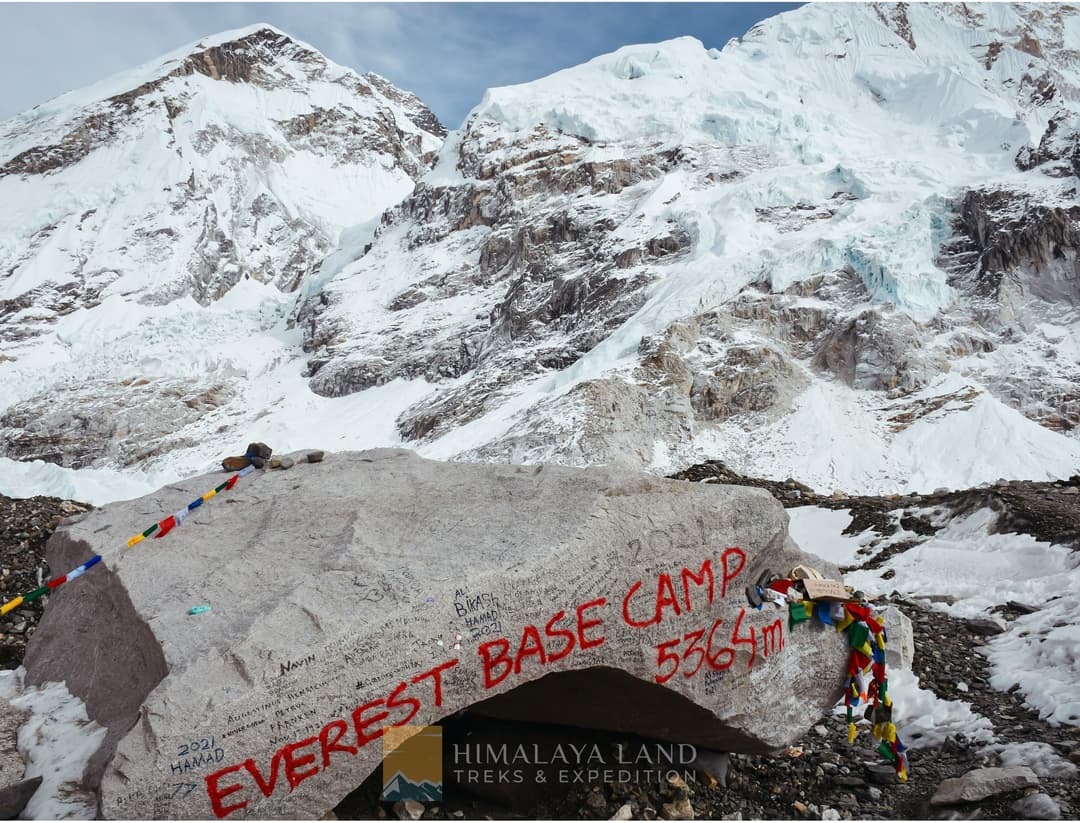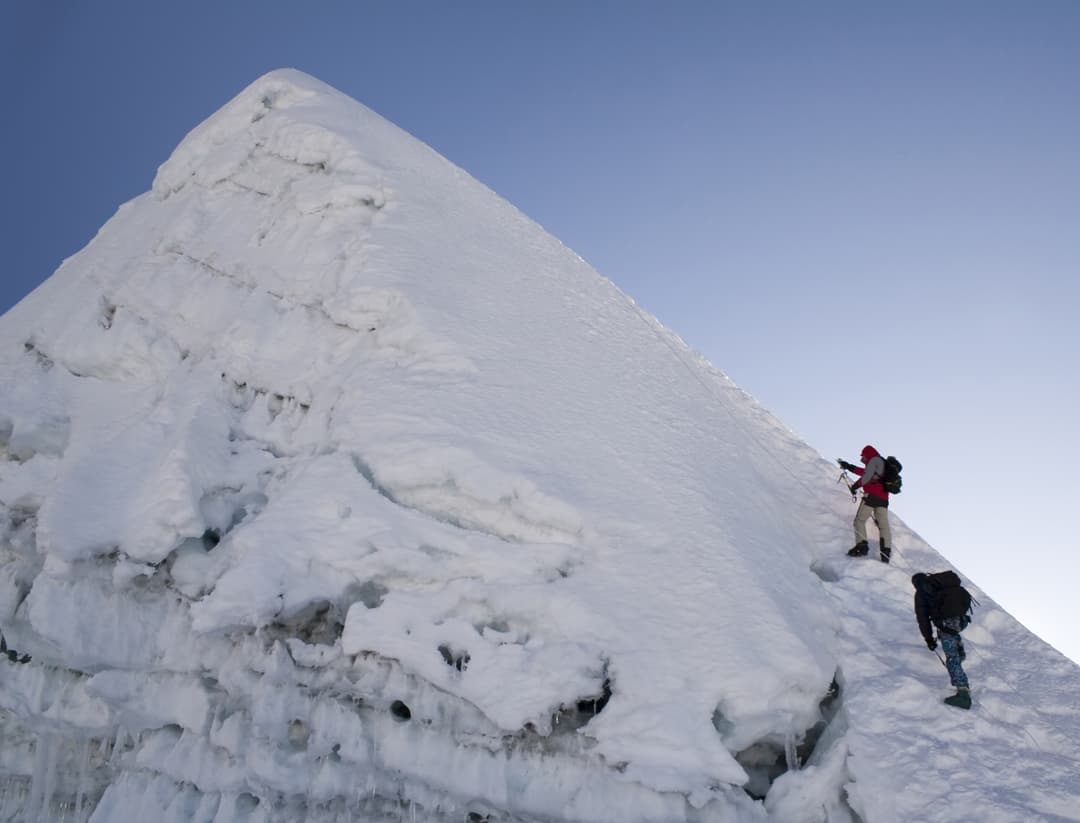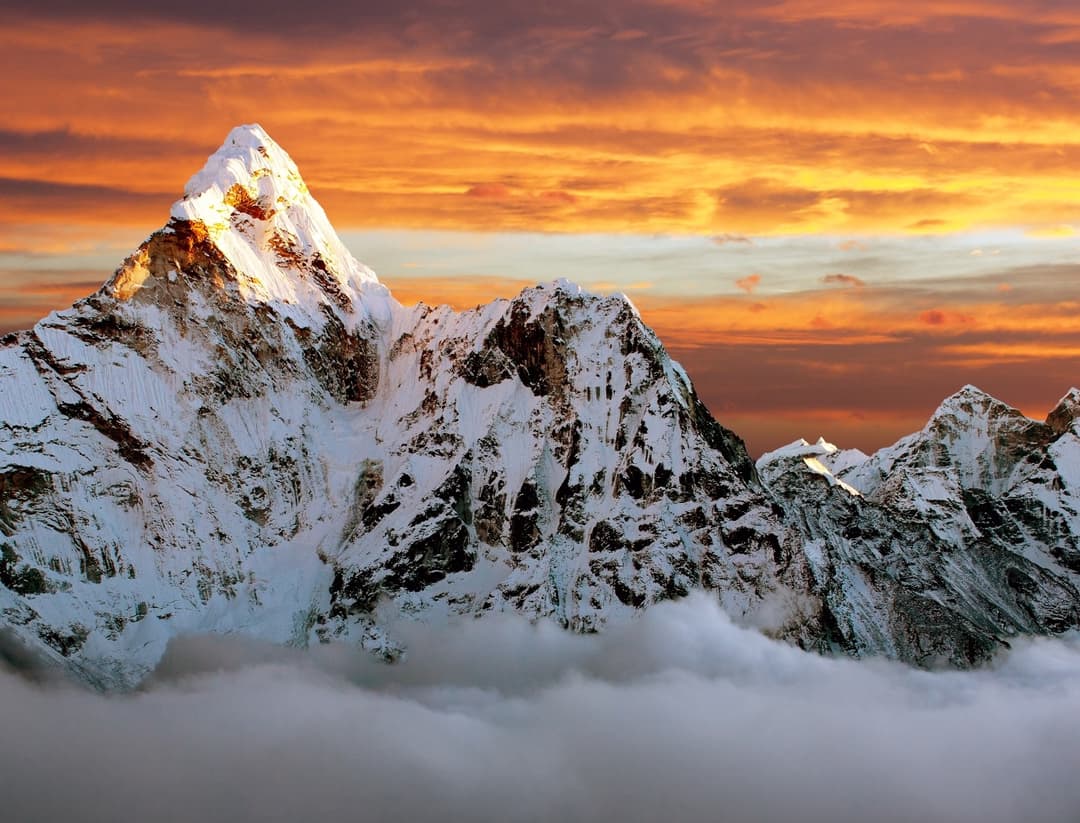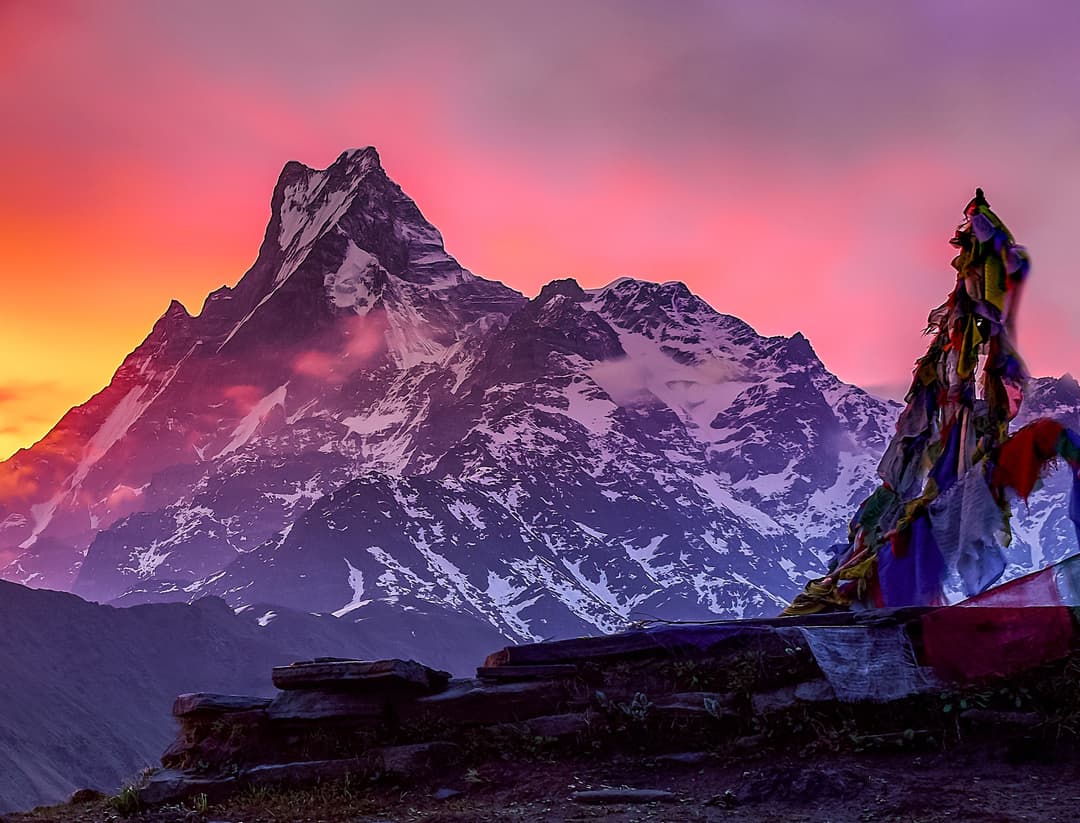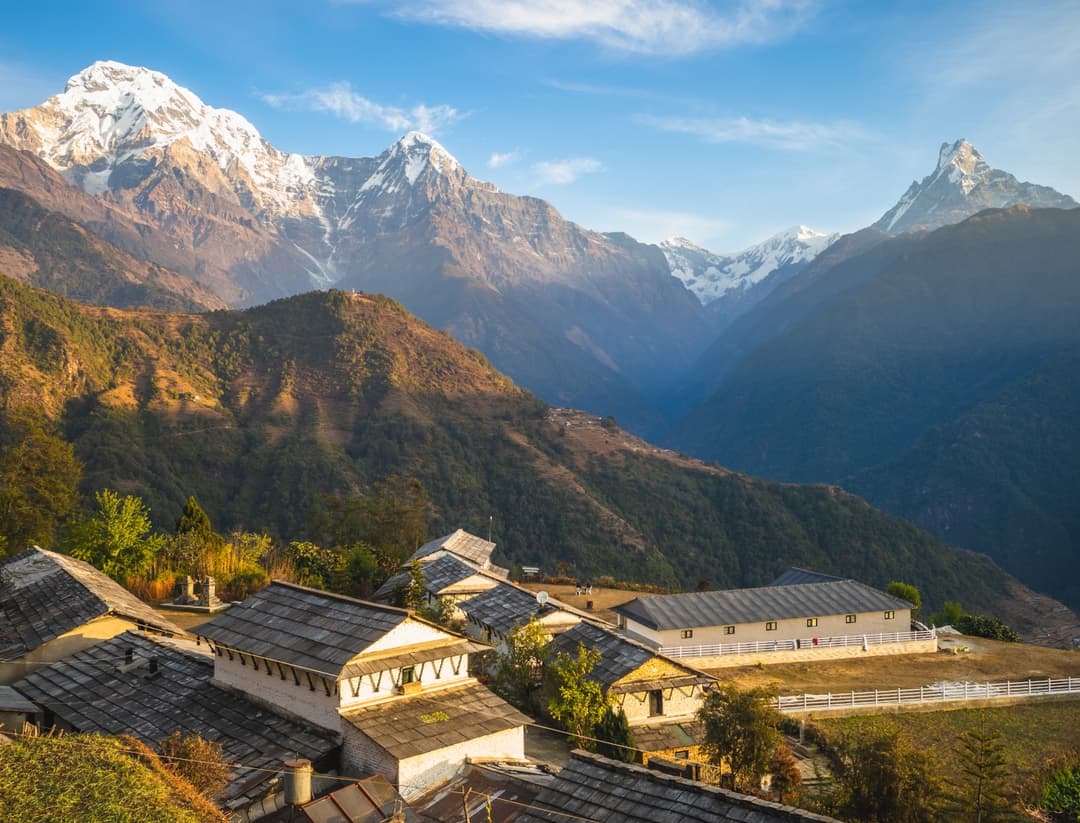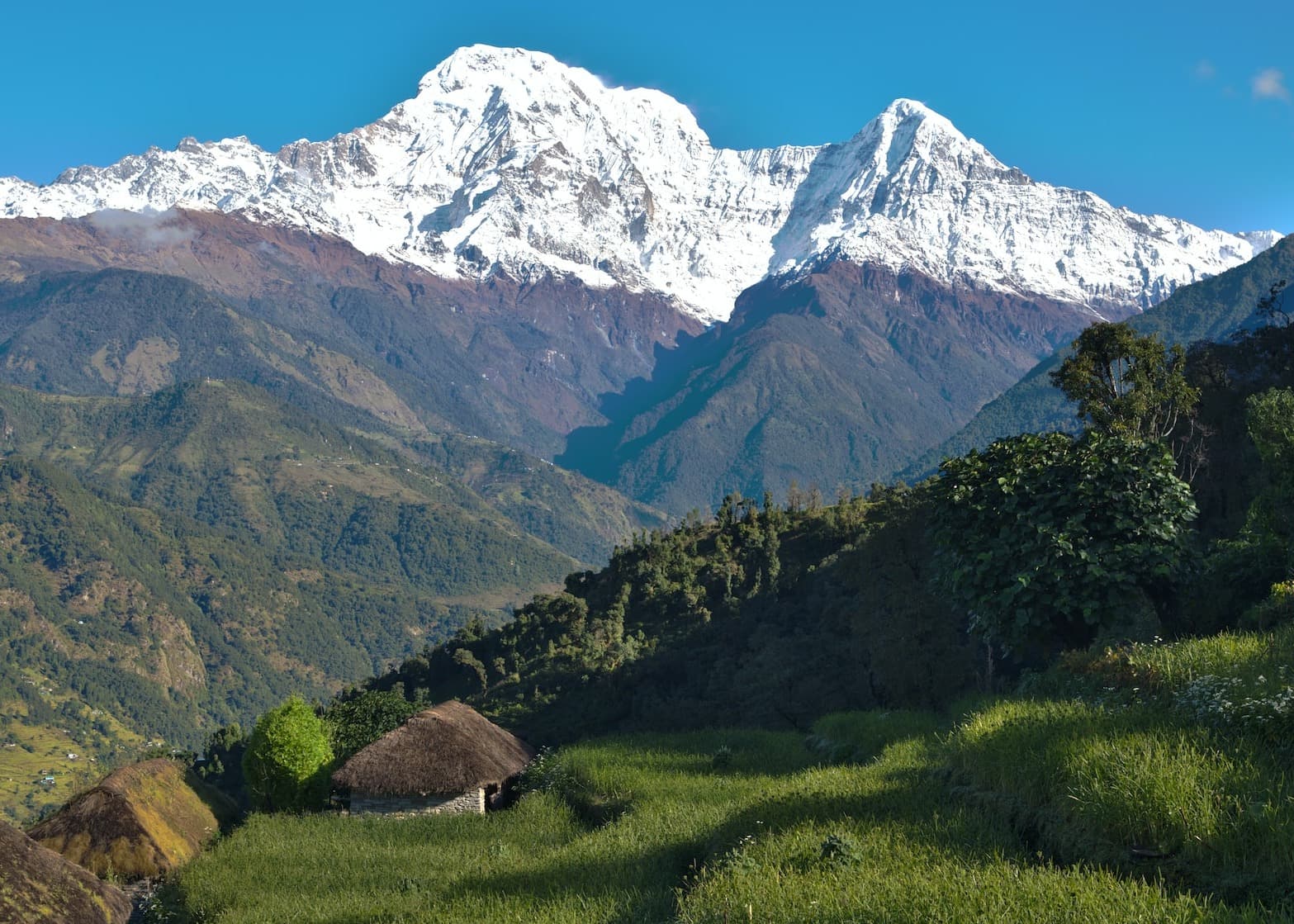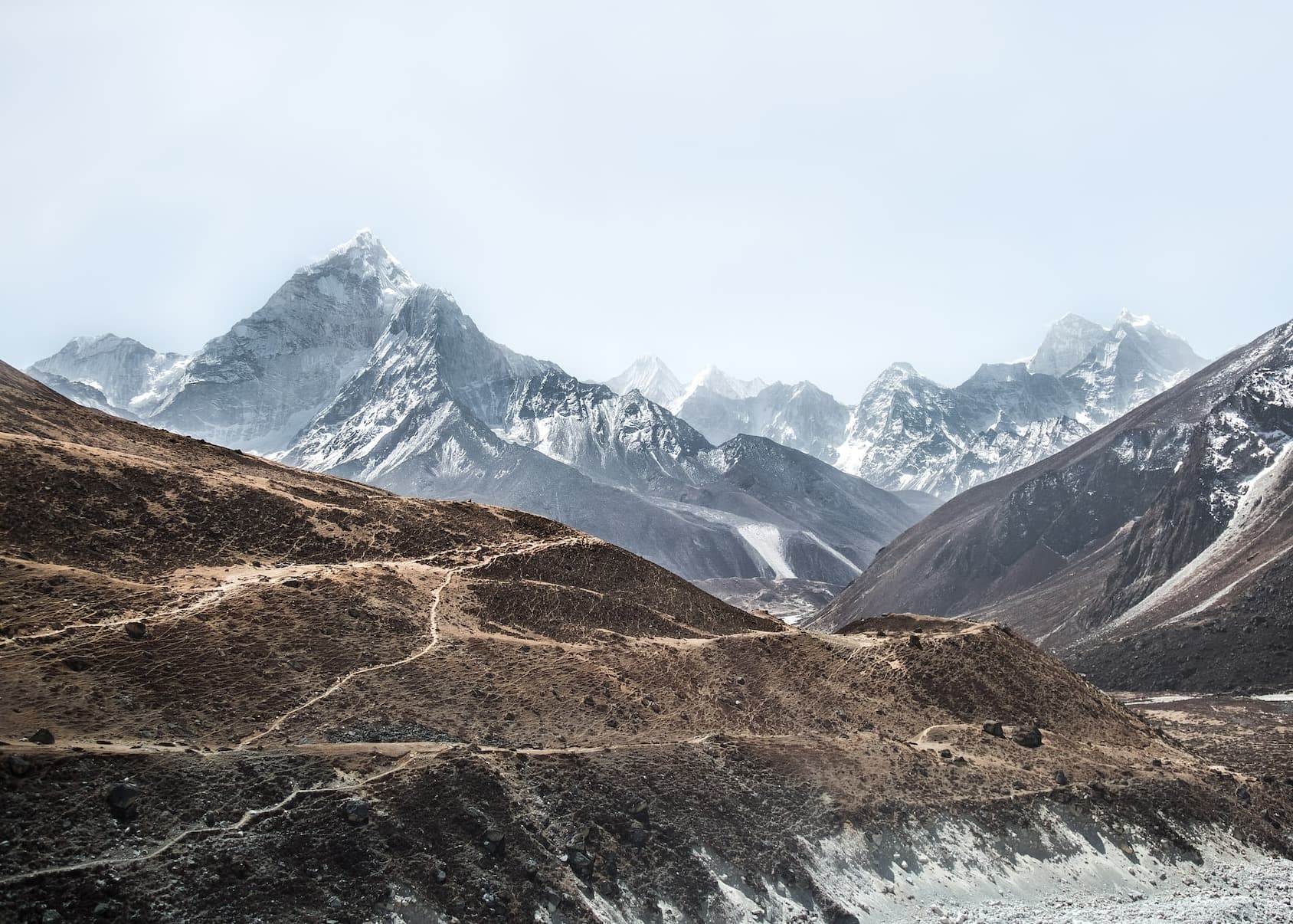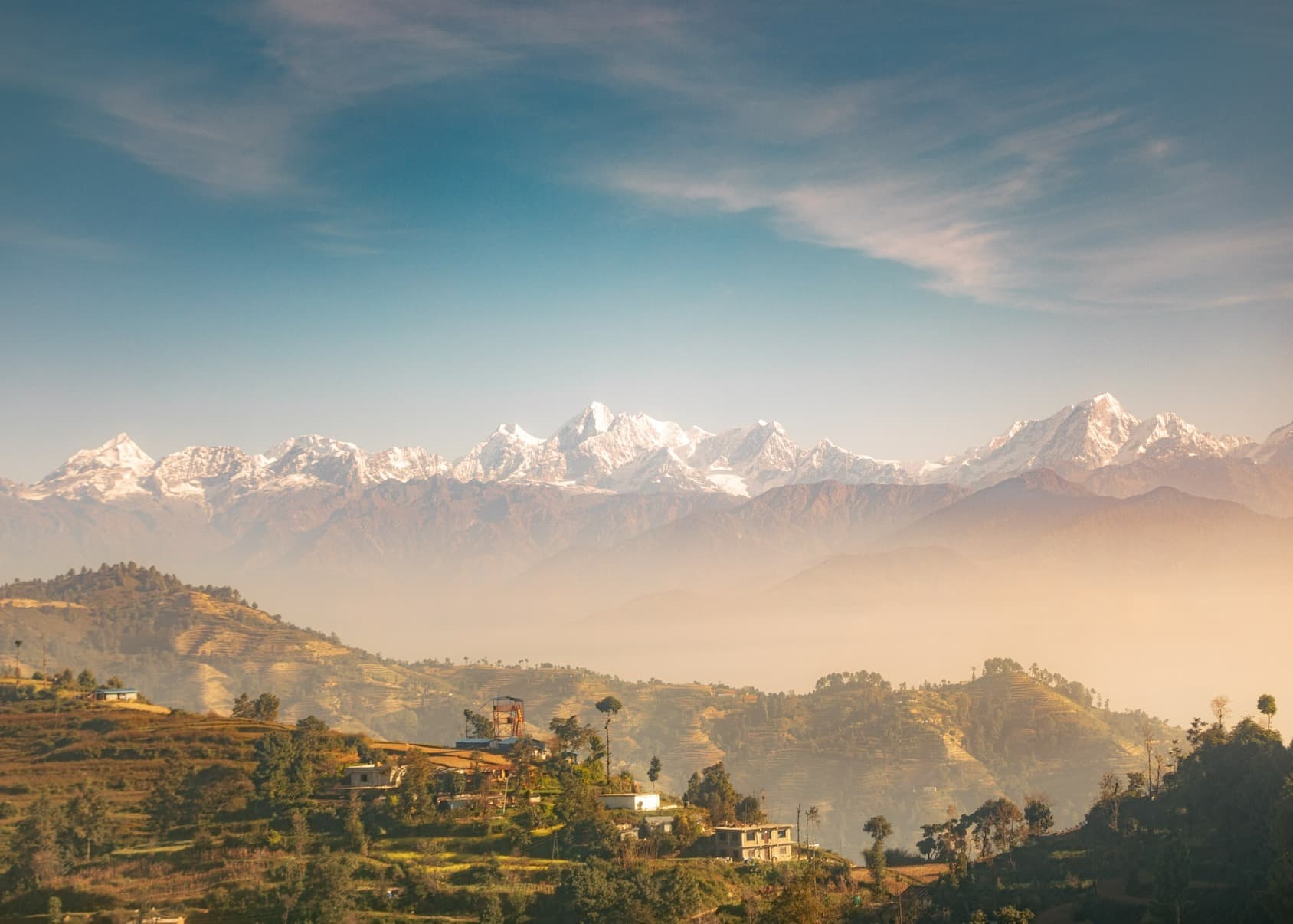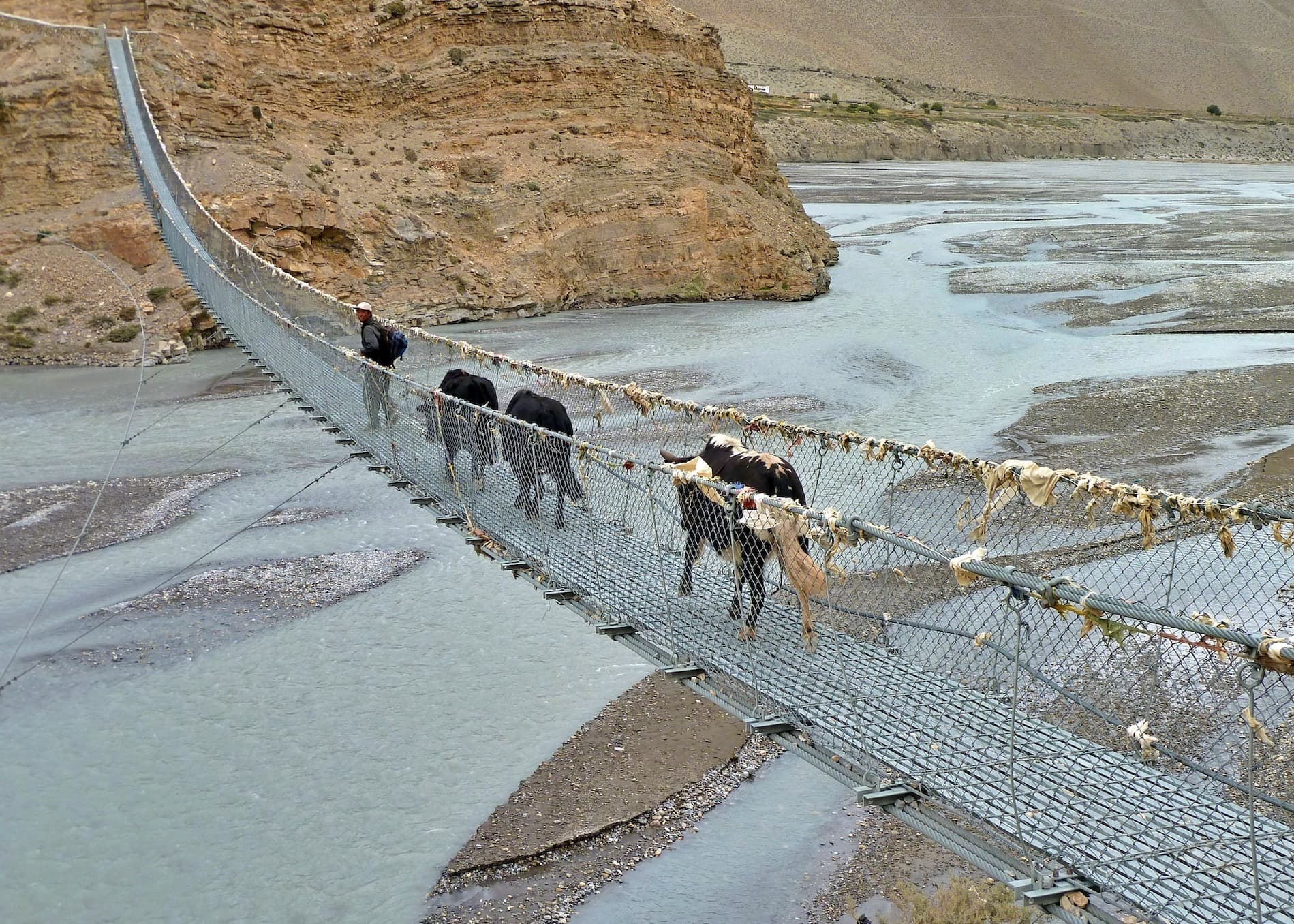- What is the success rate of island peak climbing?
- How Hard is Island Peak Climbing
- Island Peak Climbing Cost
- Island Peak Climbing Permit
- Best Time for Island Peak Climbing
- Combining Everest Base Camp with Island Peak Climbing
- Can Beginners Climb Island Peak
- Island Peak Climbing Route
- How long is Island Peak Climbing?
Island Peak, also known as Imja Tse, is a captivating peak nestled in the heart of the Himalayas in Nepal. Renowned for its stunning views and thrilling climbing experience, Island Peak has become a popular destination for mountaineers seeking a unique and challenging adventure.
Island Peak climbing offers an unparalleled opportunity to witness the majestic beauty of the Himalayas while challenging your physical and mental limits. Rising to an elevation of 6,189 meters (20,305 feet), it provides an exhilarating experience for both seasoned climbers and aspiring adventurers.
In this comprehensive guide, we will delve into the mesmerizing world of Island Peak Climbing, providing insights into the climbing process, best seasons, permit costs, and the exhilarating journey of combining it with the iconic Everest Base Camp trek.
What is the success rate of island peak climbing?
Typically, the success rate for Island Peak climbing ranges from 70% to 80%. This means that around 7 to 8 out of 10 climbers who attempt to summit Island Peak are successful in reaching the top.
The success rate can be influenced by various factors, such as the climbers' level of fitness, previous mountaineering experience, adherence to proper acclimatization schedules, and the expertise and support provided by experienced guides.
How Hard is Island Peak Climbing
The ascent of Island Peak is regarded as a moderately difficult expedition that requires a certain degree of physical preparation, technical skills, and previous mountaineering experience.
Island Peak is a great training peak for climbers who want to reach the top of Everest, and the fact that they use it as part of their training indicates how important it is and how difficult it is.
While Island Peak may not present a particularly technical challenge to experienced hikers and climbers, it can be extremely demanding for those with little to no mountaineering training and can push them to their physical and mental limits.
Island Peak Climbing Cost
We provide an exceptional experience for solo climbers for US$2445. We offer a discounted rate of US$ 2250 per person if you want to go on this exciting adventure with a friend or a small group of 2 to 4 people.
We provide a special rate of US$ 2150 per person for a slightly larger group of 5 to 8 climbers. We offer an unbeatable price of US$ 2050 per person for those seeking an unforgettable climbing experience with a larger group of 9 to 15 people.
Island Peak Climbing Permit
To climb Island Peak, you need to obtain certain permits and meet specific requirements. Here's an overview of the permits, costs, and requirements for Island Peak climbing:
Nepal Mountaineering Association Permit Fee
- Spring Season (March to May): The most favorable time for climbing Island Peak due to stable weather conditions. The cost of climbing during this peak season is USD 250 per person.
- Autumn Season (September to November): Another ideal time with stable weather conditions and clear views. The cost of climbing Island Peak during the autumn season is USD 125 per person.
- Winter Season (December to February) and Summer Season (June to August): These are considered off-seasons for climbing in Nepal. The cost of climbing Island Peak is lower during these seasons, with a fee of USD 70 per person.
It's important to note that these costs are subject to change, so it's recommended to check with the Nepal Mountaineering Association (NMA) or authorized trekking agencies for the most up-to-date information on permit fees for climbing Island Peak in each season.
Sagarmatha National Park Entry Permit
It is significant to note that the permit costs vary trekkers from Nepal must pay Rs. 100 per person, those from SAARC must pay Rs. 1500 per person, and those from foreign nations must pay Rs. 3000 per person.
Local Area Permit
Climbers will need to obtain a local area permit upon arrival in Lukla. This permit allows entry into the grounds of different municipalities, including the Pasang Lhamu Rural Municipality, where Island Peak is located.
The approximate cost of the Pasang Lhamu Rural Municipality's Local Area Permit is NRs. 2000, which is approximately $20.
Traveling with a trekking agency is a common and convenient way to organize your Island Peak climb, as they can handle the permit procedures on your behalf, ensuring a smooth and hassle-free experience.
Trekkers' Information Management System (TIMS Card)
The Trekkers' Information Management System (TIMS) card is a permit required for all trekkers in Nepal. It is used to ensure the safety and security of trekkers and to collect data for trekking statistics.
The approximate cost of the TIMS Card is NRs. 2000, which is approximately $20.
Best Time for Island Peak Climbing
The best time for Island Peak climbing in Nepal is during the pre-monsoon (spring) and post-monsoon (autumn) seasons. These seasons offer stable weather conditions and favorable climbing conditions. Here's a breakdown of the best time for Island Peak climbing:
Spring Season (March to May): The spring season is considered the best time for Island Peak climbing. The weather during this period is generally stable, with clear skies, mild temperatures, and lower chances of precipitation. The beautiful rhododendron forests along the trekking routes are in full bloom, adding vibrant colors to the landscape. The months of April and May are particularly popular for climbing Island Peak.
Autumn Season (September to November): The autumn season is another excellent time for Island Peak climbing. The weather is stable, with clear skies, mild temperatures, and less rainfall. The views of the mountains are spectacular during this season, and the trails are usually dry and easily accessible. September and October are the peak months for climbing, as the weather is generally at its best.
During both the spring and autumn seasons, the temperatures at lower altitudes range from around 10 to 20 degrees Celsius (50 to 68 degrees Fahrenheit) during the day, dropping to around 0 to -10 degrees Celsius (32 to 14 degrees Fahrenheit) at night. At higher altitudes, temperatures can be colder, with sub-zero temperatures at night and early morning.
Avoiding the monsoon season (June to August) is crucial, as heavy rainfall can make the trails slippery, increase the risk of avalanches, and create challenging climbing conditions. The winter season (December to February) is also not recommended due to extreme cold, heavy snowfall, and increased risks associated with climbing in harsh winter conditions.
Combining Everest Base Camp with Island Peak Climbing
Combining the Everest Base Camp trek with Island Peak climbing creates an extraordinary adventure that encompasses the best of the Everest region's natural be Everest Base Camp trek and mountaineering challenges.
This captivating journey allows you to witness the iconic landscapes of the Everest region, set foot on the legendary Everest Base Camp, and test your climbing skills on the majestic Island Peak.
From Everest Base Camp, the adventure continues as you divert towards Island Peak Base Camp. The path takes you through breathtaking valleys, offering panoramic views of surrounding peaks like Lhotse, Nuptse, and Ama Dablam. As you approach Island Peak Base Camp, the anticipation builds, and you begin to appreciate the technical challenge that lies ahead.
Can Beginners Climb Island Peak
Yes, beginners can climb Island Peak, however, it's essential to recognize that the actual climbing portion of Island Peak will be more challenging. It involves navigating glaciers, steep snow slopes, and exposed sections. Climbers should have prior experience with basic mountaineering techniques and be comfortable using equipment such as crampons, ice axes, and ropes.
While Island Peak is considered a more manageable peak in terms of technical difficulty, it still requires physical fitness, stamina, and basic mountaineering skills. As mentioned, climbers will need to trek through the Everest region to reach the base camp of Island Peak. The trek itself can be enjoyable and not overly strenuous.
It's important to approach the climb with the right mindset, recognizing that even though Island Peak is considered suitable for beginners, it still requires effort, determination, and devotion to safety protocols. Proper planning, preparation, and guidance will significantly enhance the chances of a successful and enjoyable Island Peak climbing experience.
Island Peak Climbing Route
The adventure begins with a flight from Kathmandu to Lukla, followed by a trek to Phakding and further on to Namche Bazaar. Namche Bazaar is a vibrant Sherpa town and serves as a gateway to various trekking routes in the Everest region. From Namche Bazaar, the trail heads towards Tengboche, known for its beautiful monastery and scenic views.
Instead of continuing towards Everest Base Camp, you will branch off towards the village of Dingboche, located in the Imja Valley. Dingboche serves as an acclimatization point, and from there, you will trek to Chukkung, which is situated at an altitude of approximately 4,730 meters (15,518 feet). Chukkung is a picturesque village surrounded by towering peaks and serves as the starting point for the Island Peak climb.
Upon reaching Chukkung, climbers will spend time acclimatizing and preparing for the ascent of Island Peak. The climb involves traversing challenging terrains, including steep slopes, icy sections, and crevasses. It is essential to have proper equipment and guidance from experienced guides during the climb.
Once you have successfully summited Island Peak, you will descend back to Chukkung and retrace your steps back to Lukla. From Lukla, you will take a flight back to Kathmandu, marking the end of your Island Peak climbing expedition.
How long is Island Peak Climbing?
Island Peak Climbing will last for 12-16 days including the acclimatization and hiking in the way. But if you choose Island Peak along with Everest Base Camp Trek then it will take upto 20 days.


